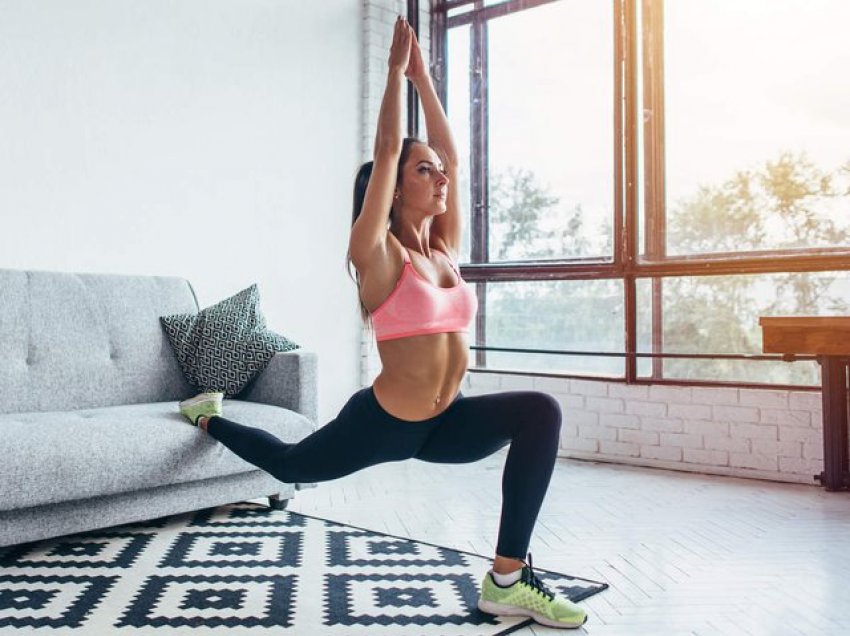RIO DE JANEIRO, BRAZIL – Running on the treadmill, watching live dancing on Instagram and watching yoga videos on YouTube: unable to go to the gym, these were some of the solutions found by many Brazilians to continue their workout during the social isolation period. The novel coronavirus pandemic has hastened the adoption of technology for physical activity.
One of the companies leveraging this trend is Magic Fitness, a startup founded in the United States by Argentinean Julian Herbstein and Brazilian Ruy Drever in 2019. The company’s mission is to connect personal trainers from all over the world with students who want to exercise without having to go to the gym.
Company history
The business concept stemmed from Herbstein’s personal need. While working in an investment fund in Hong Kong, the entrepreneur lived a life of crazy hours, making calls at dawn and constantly traveling between the United States and Asia. Without a routine, he was unable to exercise and was gaining weight.

The solution emerged in an unexpected context. On a flight between Hong Kong and New York, the entrepreneur sat next to a personal trainer and the two talked about exercise during the trip. At a certain point during the conversation, Herbstein proposed that the professional train him by Skype – an alternative that could work in his schedule. The first months of testing were a success and, during the first year, the executive managed to lose 35 kilos.
Excited with the results, Herbstein decided to quit his job, move to New York and start building a company to connect personal trainers with students interested in exercising at home. At the start of his journey, friends introduced him to Ruy Drever, owner of the Pretorian sporting goods brand. “I thought his idea was fantastic, it worked both for an experienced athlete and for a beginner who doesn’t know how to start,” says the Brazilian.
Together, they worked on developing the App and recruiting the first physical education professionals. After testing with friends and relatives, the product was launched in December 2019 in the American market, just before the pandemic broke out. “At first people didn’t understand it was individual lessons, they thought it was a pre-recorded video App,” says Drever.
The business took off when companies, which until then were not the startup’s focus, began to look for physical exercise alternatives to offer their employees at home. Samsung in the United States and Facebook in Latin America are two of the companies that have signed contracts with Magic Fitness for their employees.
Business Model
Currently, the company offers lessons in English, Spanish, and Portuguese, which allows it to operate in 17 countries. In the United States alone, over 40,000 students have attended. In Brazil, each lesson starts at R$35 (US$7). The monthly packages, with eight and sixteen lessons, respectively, cost R$299 and R$399.
The price offered is only possible because the startup benefits from the exchange rate differences. With bilingual teachers from Latin American and African countries, it is able to provide high-quality lessons at a lower cost than the market average.
To add some dimension to the model, clients are not always attended by the same instructor. Lessons are booked a short time in advance, so it is common to have a new personal trainer available each time. To minimize delays, the platform registers all student’s data at the end of each lesson, so trainers know the student’s profile before each session.
“The aim is for people to use the App according to their own schedule and availability, rather than according to the trainer’s availability,” says Drever.
The available options greatly vary. There are high-intensity training options, functional training, weight training, yoga, and stretching, for instance. Recently, the company also began to offer specific lessons for children and seniors, with customized attention to each age group.
Magic Fitness has since received US$2 million in angel investments and has opened a new round of another US$2 million to expand its operations to more markets. The partners’ projection is that the company will end 2020 with revenues ranging from US$ 6 million to US$8 million. The challenge now is to continue growing and keep students active when isolation is no longer the norm.
Source: Exame

